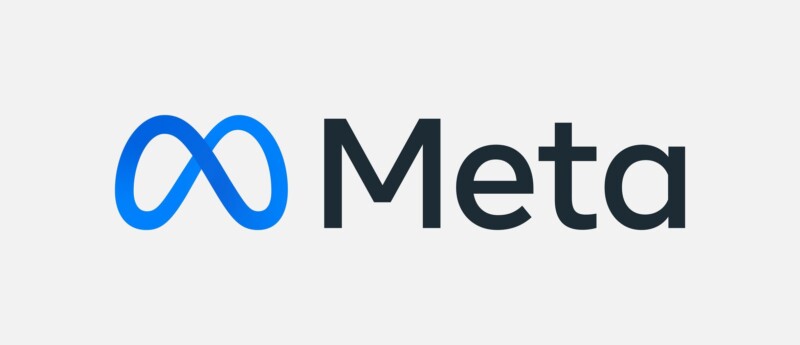Facebook, now known as Meta, traces its roots back to 2004 when Mark Zuckerberg and his fellow Harvard students, Eduardo Saverin, Andrew McCollum, Dustin Moskovitz, and Chris Hughes, laid the foundation for what would become one of the world’s most influential tech companies.
As a computer science major at Harvard in 2003, Zuckerberg developed “Facemash,” an online directory where visitors could compare two student photos and vote on their attractiveness. Though short-lived, Facemash inspired Zuckerberg to envision a social network exclusive to Harvard students. On February 4, 2004, “TheFacebook.com” was born in Zuckerberg’s Harvard dorm room.
Early Growth and Success

TheFacebook.com rapidly gained popularity on campus, with more than half of all Harvard undergraduates signing up within a month. Its success led to expansion, encompassing other Boston-area schools like MIT and Boston University.
In 2005, Facebook expanded further, inviting high school students, professionals, and eventually everyone to join the platform. The introduction of the News Feed and the Like button propelled user engagement to new heights.
A pivotal moment for Facebook arrived in 2006 when the company introduced its API platform, allowing external developers to create apps integrated with Facebook’s social graph. This move led to the development of popular apps like FarmVille, Causes, and Spotify, driving exponential user growth.
International Expansion and IPO
With its user base reaching 100 million in 2008, Facebook continued to expand its global presence by establishing its first international office in Dublin, Ireland. The company’s highly anticipated initial public offering (IPO) took place in 2012, valuing the company at a staggering $104 billion. This milestone marked Facebook’s transition from a private startup to a publicly traded company.
Facebook’s growth trajectory remained unhindered post-IPO, with increasing mobile adoption and revenue from advertising. The acquisition of Instagram in 2012 for $1 billion further solidified Facebook’s position as a tech giant with over 1 billion monthly users on the platform.
Scandals and Scrutiny
Despite its tremendous success, Facebook faced significant challenges as it entered its second decade. In 2018, the Cambridge Analytica scandal revealed that the firm had improperly accessed data from 87 million Facebook users for targeted political advertising. This incident prompted Mark Zuckerberg to testify before Congress, and the company faced a $5 billion fine from the Federal Trade Commission.
In 2021, whistleblower Frances Haugen exposed internal documents that showed Facebook’s awareness of its platforms’ negative impacts, including the spread of misinformation, hate speech, and adverse effects on teen mental health. This led to renewed criticism and calls for social media regulation.
The Meta Rebranding
In a significant move in October 2021, Mark Zuckerberg announced the rebranding of Facebook, Inc. to Meta Platforms, Inc. The transformation signified the company’s shift towards becoming a “metaverse” company, focusing on virtual and augmented reality.
While the Facebook app continues to be widely used, Meta is now investing heavily in the metaverse, an immersive virtual environment accessible through devices like VR headsets. The company directs significant resources towards developing metaverse hardware, software, and content.
—> Recommended
- Asus Zenfone 10 vs One Plus 10 Pro
- Asus Zenfone 10 vs Google Pixel 7
- Asus Zenfone 10 vs Samsung Galaxy S23
- Asus Zenfone 10 Review
The Future of Meta

Today, Meta is valued at over $400 billion, and it remains one of the most influential technology companies globally. Facebook alone boasts nearly 3 billion monthly active users worldwide, while Instagram surpasses 1 billion users. Moreover, Meta’s other apps like WhatsApp and Messenger are used by billions.
However, Meta faces several challenges moving forward. Rebuilding user trust and addressing antitrust scrutiny in the US and Europe are among the critical tasks. Additionally, Meta faces tough competition from platforms like TikTok while aiming to establish itself as a prominent metaverse company.
Throughout its 18-year history, Facebook, now Meta, has demonstrated a remarkable ability to adapt and emerge stronger from crises and transformations. With a commitment to technological innovation, Meta endeavors to maintain its social media dominance while pioneering new frontiers in virtual and augmented reality technology.










Add Comment